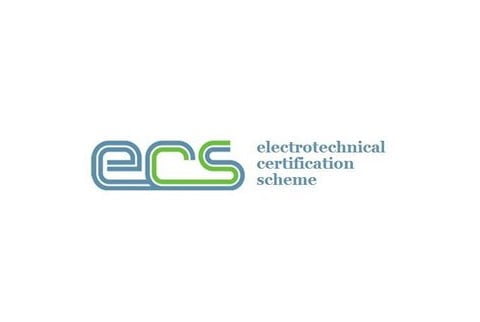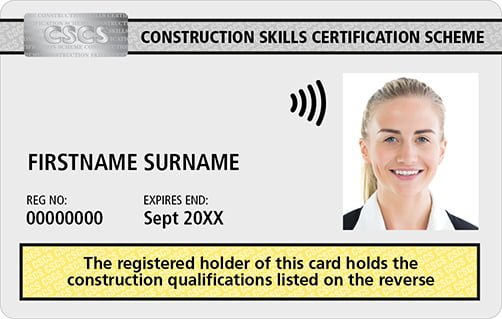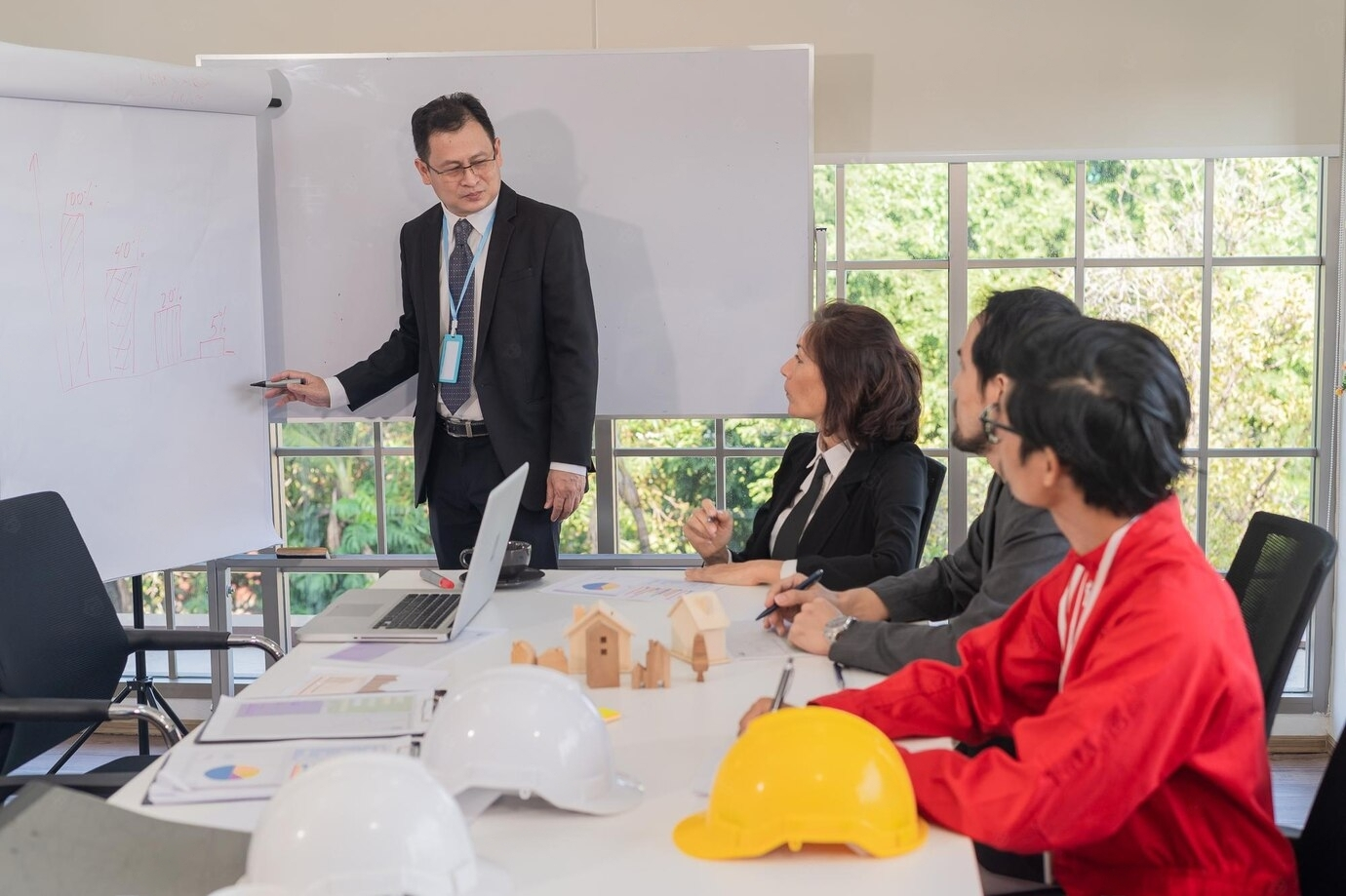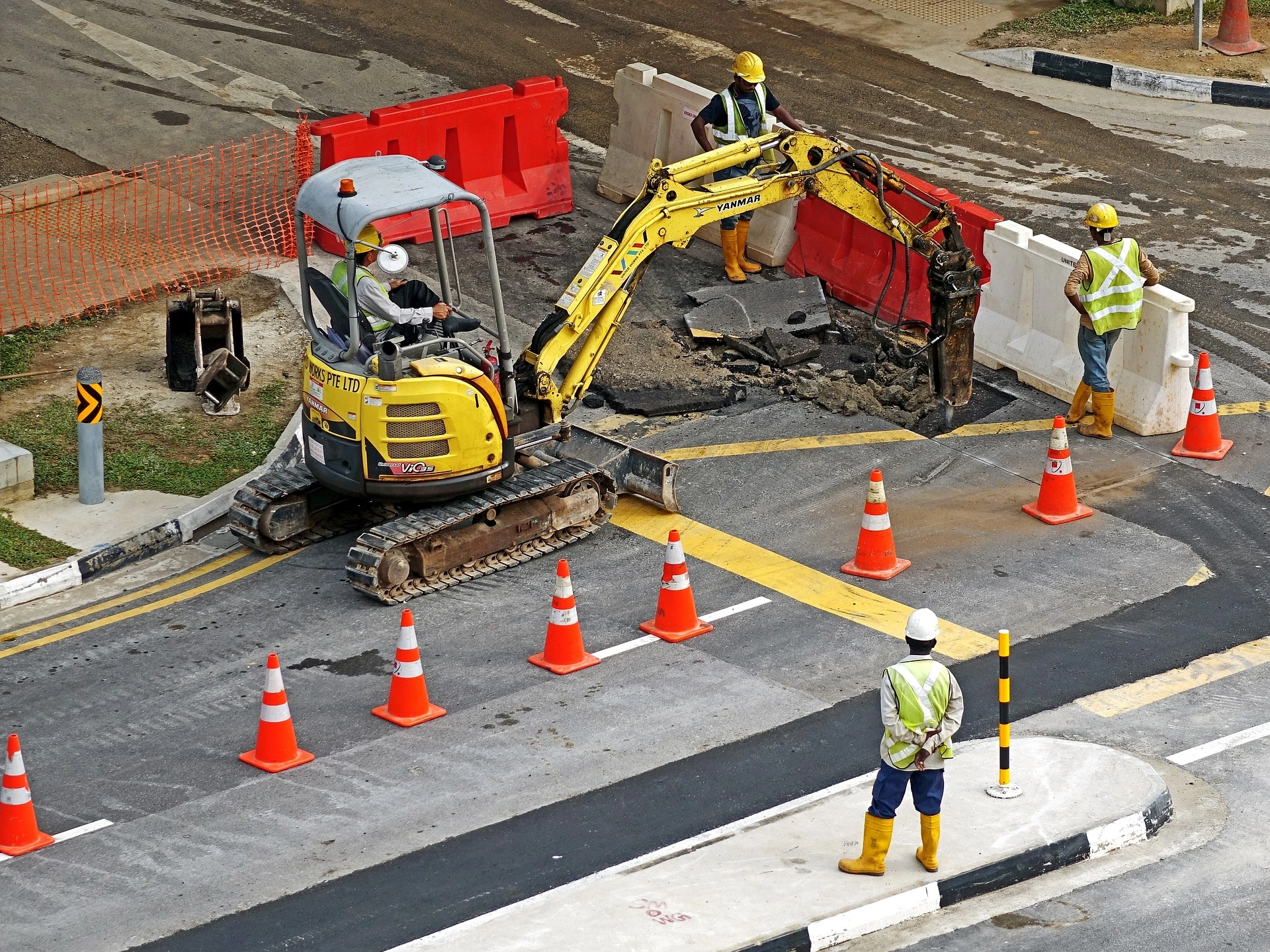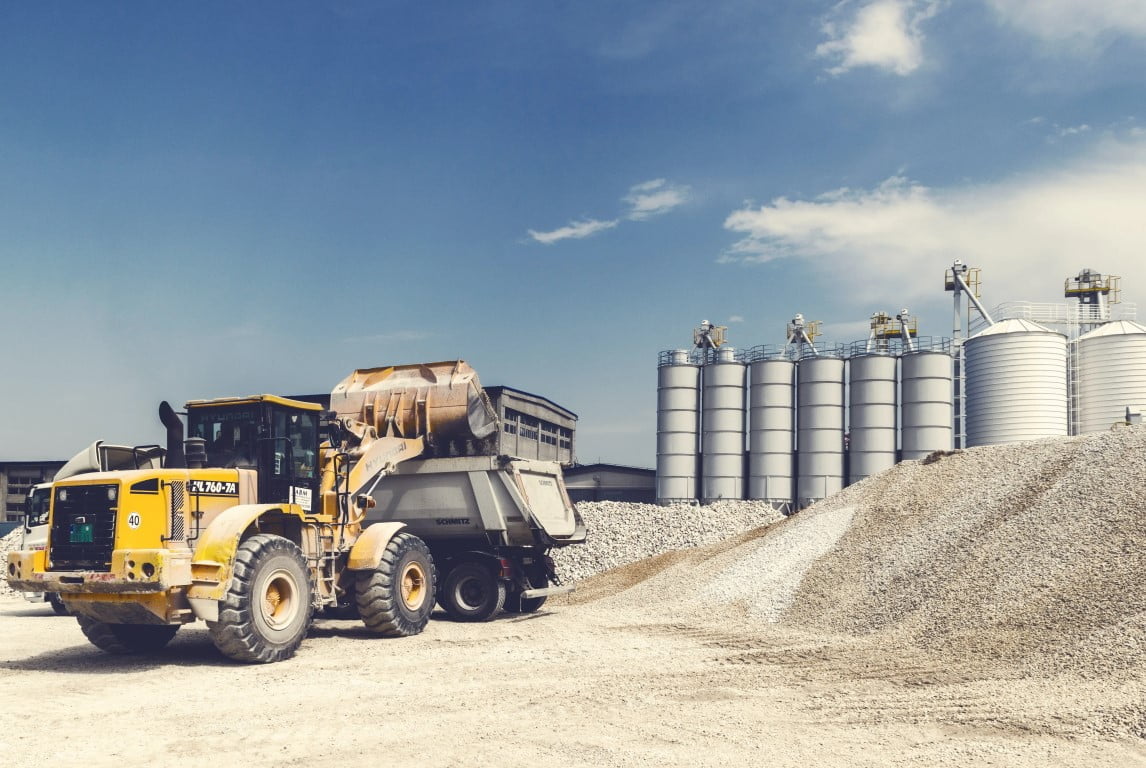Electrotechnical Certification Scheme: Ensuring Safety and Quality in the Electrical Industry
At our organization, we understand the importance of safety and quality in the electrical industry. That’s why we’re proud to offer the Electrotechnical Certification Scheme (ECS), a comprehensive certification program designed to ensure that electrical professionals have the necessary skills and knowledge to perform their work safely and effectively.
What is the Electrotechnical Certification Scheme?
The Electrotechnical Certification Scheme is a leading certification program for electrical professionals in the UK. The scheme covers a range of electrical occupations, from installation and maintenance to design and engineering. The program is designed to ensure that individuals working in the electrical industry have the necessary knowledge and skills to perform their work safely and effectively.
Why is Certification Important?
Certification is important for a number of reasons. First and foremost, it helps to ensure that electrical professionals are competent and knowledgeable in their field. This can help to reduce the risk of accidents and injuries, and can help to ensure that work is completed to a high standard.
Certification is also important from a regulatory standpoint. Many countries have regulations in place that require electrical professionals to be certified in order to perform certain types of work. By obtaining certification, electrical professionals can ensure that they are in compliance with these regulations.
Benefits of the Electrotechnical Certification Scheme
There are many benefits to obtaining certification through the Electrotechnical Certification Scheme. First and foremost, certification can help to enhance your professional credibility. It demonstrates that you have the necessary knowledge and skills to perform your work safely and effectively, and can help to differentiate you from other electrical professionals who may not be certified.
Certification can also help to enhance your career prospects. Many employers prefer to hire certified electrical professionals, as they can be confident that these individuals have the necessary skills and knowledge to perform their work to a high standard. Additionally, certification can help to open up new career opportunities, as some employers may require certification for certain positions.
Another benefit of the Electrotechnical Certification Scheme is that it provides a framework for continuing professional development. Certification requires individuals to stay up-to-date with the latest developments in the electrical industry, and to continuously improve their knowledge and skills. This can help to ensure that certified professionals are always at the forefront of their field.
How to Obtain Certification
Obtaining certification through the Electrotechnical Certification Scheme is a straightforward process. The scheme offers certification for a range of electrical occupations, from installation and maintenance to design and engineering. To obtain certification, individuals must meet certain eligibility requirements, including completing the necessary training and passing the relevant exams.
Once eligibility requirements are met, individuals can apply for certification through the scheme’s website. The application process typically involves submitting evidence of qualifications and experience, as well as paying the necessary fees. Once the application is approved, individuals can sit for the relevant exams and, upon passing, will be awarded certification.
Conclusion
At our organization, we understand the importance of safety and quality in the electrical industry. That’s why we’re proud to offer the Electrotechnical Certification Scheme, a comprehensive certification program designed to ensure that electrical professionals have the necessary skills and knowledge to perform their work safely and effectively. Certification through the scheme can help to enhance your professional credibility, improve your career prospects, and provide a framework for continuing professional development. So why wait? Apply for certification today and take your career in the electrical industry to the next level.
Some Important links:
1. The official ECS website
2. Information on ECS card types and requirements
3. The Joint Industry Board for the Electrical Contracting Industry
4. Electrical Contractors’ Association (ECA)
5. Institution of Engineering and Technology (IET)
6. City & Guilds
You may also want to read about:
1. How to Get a CPCS Card: The Ultimate Guide
2. The Role of a CPCS Tester: Duties, Requirements, and Career Outlook
3. How to Renew CPCS Card: A Comprehensive Guide
If you would like to learn more about the Electrotechnical Certification Scheme or have any questions, please feel free to click the button below to get in direct contact with us.

